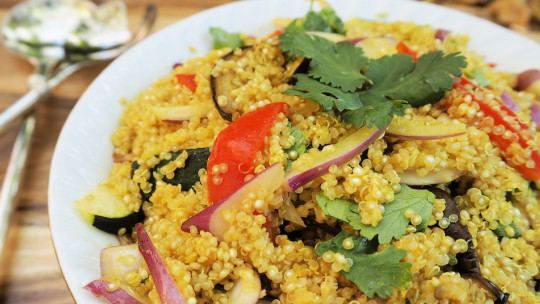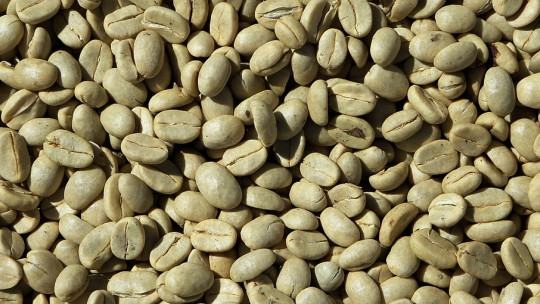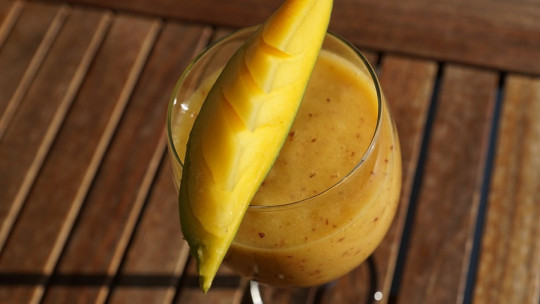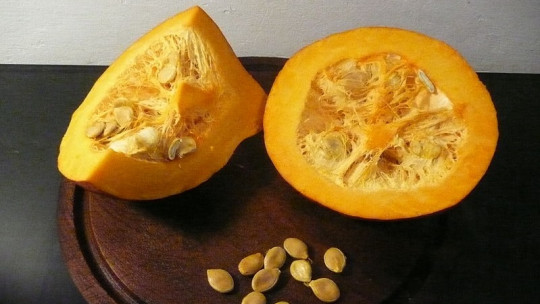Physical exercise has many benefits On a psychological level, it helps you feel better because it releases endorphins, helps relieve tension, reduce stress and helps you sleep better. Likewise, it is a very healthy alternative and an option that we should all make.
However, many people, in addition to wanting a healthy life, They aim to improve your figure Although one should not be obsessed with physical exercise, who doesn’t like to look good?
Increase metabolism, key to losing weight
Exercise is key to burning calories, but so are nutrition and psychological aspects. Did you know One of the keys to weight loss is to increase our metabolism to burn more calories ?
If you are over 30 years old, you will have realized that with age it becomes increasingly difficult to burn those extra “kilograms.” This is because the metabolism slows down as the years go by something totally natural and biological.
Now, our habits and the way we eat or train also have a positive or negative effect on accelerating our metabolism. That is why you need to know some keys if your goal is to reduce your body fat percentage.
How to increase metabolism
But what are these keys? How can you increase metabolism? Below you can find a series of behaviors and habits that will help you.
1. Don’t forget breakfast
Some people decide not to eat breakfast or have a small breakfast thinking that this will help them lose weight. This behavior is totally wrong, since breakfast is possibly the most important meal of the day.
Research has shown that People who eat a good breakfast burn more calories during the day According to Barbara Rolls, professor of nutrition at Penn State University and author of the book The Volumetrics Weight-Control Plan, “our body slows down while we sleep, and does not speed up again until we eat something.” To increase metabolism, it is enough to have about 300 to 400 calories for breakfast.
2. Do weights
There are individuals who believe that the ideal way to lose weight is to do cardio, so they skip weight training. Thinking like this is a mistake, because weight training speeds up metabolism
This acceleration of metabolism not only occurs at the end of the session, but, by creating muscle, it increases basal metabolism, which is the energy expenditure that our body carries out when we are at rest. If you don’t know much about nutrition or sports training, you may be wondering, And what does this basal metabolism mean? Well, very simple, muscle makes you burn more calories even when you are resting and not doing physical activity.
3. Do sprints
And physical exercise is a good alternative to increase basal metabolism. As we said in the previous point, many individuals think that simply running will burn more fat. While it is true that when we run at a moderate intensity for a long time we will burn more fat, Interval training burns more calories
To increase basal metabolism you can try doing intervals, with short periods of time in which you do sprints (around 80-90% of your maximum heart rate). The ideal is to run at a low or moderate intensity (50-60% of maximum heart rate) for 2 minutes and then do 30 seconds of sprints. You can do this sequence about 10 or 15 times (although you should always adapt it to your level of physical condition). This will create an imbalance in your body that will allow you to burn more calories during the next 24 hours, even if you are resting.
4. Train on an empty stomach
It is true that I have commented that it is necessary to have breakfast, because, after hours of sleep, until one eats food, the metabolism does not activate again. However, you can train on an empty stomach so that the metabolism is activated and the fat burning process is accelerated.
The purpose of training on an empty stomach is to reduce glucose or glycogen reserves to start burning fat during exercise. If you choose this option, you must be well hydrated and eat after training, otherwise you can end up very tired during the day.
5. Take care of the fat
Fat is essential for the body, so you should consume it in moderation. According to research by Italian scientists that was published in the Journal of Clinical Endocrinology and Metabolism More calories are burned by eating low-fat foods.
Foods rich in fat have more calories, and other macronutrients such as carbohydrates produce greater thermogenesis, that is, they use more calories to burn food. Specifically, the thermogenesis of fats is 3%, while that of carbohydrates is 7%
6. Eat protein
The king of thermogenesis is protein. Although I said in the previous point that the thermogenesis of fats is 3% and that of carbohydrates is 7%, that of proteins is 27%. It is clear that protein consumption helps increase metabolism
In addition, proteins contribute to muscle formation, so you will increase basal metabolism if you combine it with some physical exercise strategies, for example, weight training.
7. Consume Omega 3
If you are going to consume fats, make sure they are healthy, that is, monounsaturated or polyunsaturated. (If you don’t know how to differentiate these types of fats, you can read our article: “Types of fats (good and bad) and their functions”). One type of fat that will benefit you in terms of accelerating your metabolism is omega-3 fatty acids. This is why nutrition experts recommend eating fish.
Salmon, mackerel or herring are good options A study by Obesity Research showed that if we train, a good dose of fish oil helps burn fat more effectively.
8. Eat several times a day
Some individuals have the belief that by eating much less they will lose many more calories. It is true that if we eat less than what we spend we can lose weight, but it is not worth stopping eating or eating very little.
On the one hand, when eating we increase the thermic effect and basal metabolism by 8% and 16% during the two or three hours after the meal. Therefore, it is ideal to eat several times a day (experts recommend five). Likewise, if you are one of those people who practices physical exercise regularly, you are going to have to eat to be able to train and have optimal energy levels.
Our body is intelligent, and If the body notices that you are not eating enough, it goes into protection mode (because it believes that you are in a dangerous situation in which you cannot feed yourself), so your metabolism slows down and economizes caloric expenditure.
9. Increase your NEAT
If we want to increase metabolism we must have an active lifestyle. This not only includes physical exercise, as this only represents between 15-30% of total caloric expenditure. The thermogenesis that has been mentioned in the previous lines represents 10-15% of the total caloric expenditure and the basal metabolism 50-70%.
One of the best strategies to increase metabolism is through what is known as NEAT (Non-Exercise Activity Thermogenesis) , which are the daily activities that we carry out and that are associated with the calories burned. For example, climbing stairs, household activities or walking to work will help you increase your NEAT and, consequently, your metabolism.
10. Surprise your body
The human organism has a great capacity to adapt. That is why, when we perform physical exercise, we must progressively increase our intensity or training volume. After a few weeks, the same training is no longer as effective. To avoid this, you can modify your workouts and do things that are difficult and surprise your body, for example, changes in speed, rhythm, duration or loads
11. Control carbohydrates
Carbohydrates are an excellent source of energy, and although they have a bad reputation, it is not necessary to eliminate them from the diet. You just have to know how to eat them.
For it you should feed yourself with complex carbohydrates , which are those that contain a low glycemic index, that is, they keep insulin levels at bay, are transformed into glucose in a longer time than what is known as simple carbohydrates and produce a progressive release of energy and slow. Foods that contain complex carbohydrates are: brown rice, most fruits and vegetables or whole wheat pasta, among others.
12. Drink green tea
Green tea has great health benefits and is rich in antioxidants such as polyphenols. New research shows that catechin, a substance found in this infusion, can increase metabolism. The data from this study suggest that The subjects in their experiment who drank green tea lost more weight than those who did not
According to the researchers, catechins can improve fat oxidation and thermogenesis. Five cups of green tea a day can produce a caloric expenditure of 90 calories a day.
13. Go organic
Organic foods are healthier and, at the same time, they also speed up the metabolism. A study has found that fruits, vegetables and grains grown without pesticides speed up metabolism and help burn more fat, because they do not expose the thyroid to toxins
“Non-organic products block metabolism mainly by interfering with the thyroid, which is your body’s thermostat and influences metabolism,” explains Hyman, director of the research.
14. Leave alcohol aside
Do you like to have your glass of wine with food? Well, if you don’t want to slow down your metabolism, you better eliminate this habit from your life
In addition to slowing down your metabolism, several studies have shown that having a drink before a meal makes people eat around 200 more calories. Another study has found that the body burns alcohol first, meaning that calories from food are more likely to be stored as fat.
15. Spicy take
Adding spice to food speeds up the metabolism noticeably. At least that’s what a research paper from Pennsylvania State University in the United States concludes. According to his study, When consuming spicy food, the body’s metabolic rate increases by up to 20% for half an hour If you want to burn more fat, go spicy.









